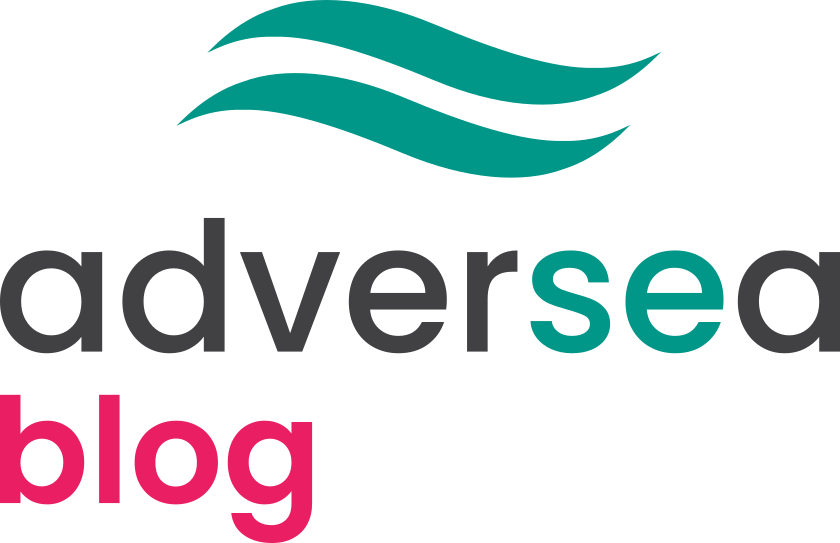In an increasingly interconnected world, the significance of comprehensive background checks has never been more pronounced. As we navigate the complexities of 2023—a year marked by rapid technological advancements and evolving societal norms—the necessity of safeguarding our personal and professional environments has taken center stage. From employers striving to create secure workplaces to individuals seeking meaningful relationships, the implications of thorough vetting processes resonate across various facets of our lives. Unlocking the truth behind an individual’s history is not just a matter of due diligence; it is a fundamental step in fostering trust and ensuring safety. This article delves into the critical reasons why comprehensive background checks matter now more than ever, exploring their role in mitigating risks, enhancing decision-making, and ultimately contributing to a more secure society. Join us as we uncover the layers of this paramount issue and understand how informed choices can pave the way for a safer future.
The Evolving Landscape of Background Checks in 2023
The landscape of background checks is undergoing significant transformation in 2023, reflecting not only advancements in technology but also the shifting needs of organizations aiming to build a trustworthy workforce. As the appetite for streamlined hiring processes intensifies, businesses are increasingly turning to innovative methods that enhance the reliability and depth of background assessments. The traditional approaches are being complemented by modern techniques, resulting in faster, more accurate evaluations.
One of the primary changes this year is the integration of artificial intelligence and machine learning in background verification procedures. These technologies can analyze vast amounts of data quickly, allowing organizations to perform comprehensive checks that were previously time-consuming. For example:
- Automated resume screening: AI algorithms compare candidate information against databases to spot discrepancies.
- Social media insights: Employers can access public posts and interactions to gauge candidate alignment with company values.
- Predictive analytics: Leveraging data patterns to assess future behaviors and risks associated with candidates.
Moreover, there is a growing emphasis on data privacy and compliance. As regulations around personal data continue to tighten, background screening companies must navigate a complex landscape of legal requirements, ensuring they protect candidate information while also delivering robust reports to employers. The shift towards consent-based checks, where candidates are informed and agree to the verification processes, helps boost transparency and trust in the recruitment process.
In order to keep pace with these developments, organizations need to adopt a proactive approach in updating their background check methodologies. This includes training HR personnel on new tools, leveraging cloud-based platforms for secure data management, and continuously reviewing their compliance with evolving legal standards. By implementing these strategies, businesses can ensure that their hiring processes are not only efficient but also aligned with the principles of fairness and security paramount in today’s job market.
Key Components of Comprehensive Background Screening
Comprehensive background screening encompasses various elements that help determine an individual’s trustworthiness and suitability for a role or relationship. Each component plays a vital role in building a robust profile, allowing organizations or individuals to make informed decisions. Some key elements include:
- Criminal History Check: This involves investigating an individual’s past criminal activities to identify any convictions that may pose a risk to safety or integrity. It is essential for roles involving sensitive information or vulnerable populations.
- Employment Verification: Confirming previous job positions, durations, and responsibilities ensures that candidates are honest about their work history. This process mitigates the risk of hiring individuals who falsely inflate their credentials.
- Education Verification: Verifying academic qualifications helps confirm that individuals possess the necessary knowledge and expertise for their respective fields, which is crucial in maintaining professional standards.
- Reference Checks: Contacting former employers or personal references provides insight into a candidate’s character, work ethic, and interpersonal skills. This step can illuminate aspects of an individual that official records might not reveal.
Additionally, many organizations opt for a Social Media Screening to evaluate a candidate’s online behavior. This modern approach enables employers to gauge a potential employee’s public persona and suitability, ensuring alignment with company values. When combined, these elements form a comprehensive background check that not only protects the organization but also promotes a culture of accountability and transparency.
| Component | Purpose |
|---|---|
| Criminal History Check | Identify any past criminal activities |
| Employment Verification | Ensure accuracy of work history |
| Education Verification | Confirm academic qualifications |
| Reference Checks | Gain insights into character and reliability |
| Social Media Screening | Evaluate online behavior and persona |
Impact on Employment and Workplace Safety
The implications of comprehensive background checks extend far beyond the hiring decision; they play a crucial role in maintaining a safe and secure workplace environment. By thoroughly vetting potential employees, organizations can mitigate risks associated with hiring individuals who may pose safety concerns. Factors to consider include:
- Criminal History: Understanding a candidate’s past can help identify any potential threats to employees or company assets.
- Employment Verification: Confirming a candidate’s employment history ensures that they possess the claimed qualifications and experience, safeguarding against fraudulent credentials.
- Education Verification: Verifying educational qualifications can prevent hiring underqualified individuals, which can lead to failures in role performance and safety precautions.
Implementing a rigorous screening process not only helps protect employees but also cultivates a culture of trust and integrity within the organization. A safe workplace enhances employee morale and productivity, leading to long-term sustainability. Organizations that prioritize background checks often experience:
| Benefit | Description |
|---|---|
| Reduced Liability | Less risk of legal issues arising from negligent hiring practices. |
| Enhanced Team Cohesion | Fostering a secure environment leads to stronger bonds among staff members. |
| Improved Reputation | Companies known for their stringent hiring practices attract top talent and clientele. |
Ultimately, comprehensive background checks are a proactive approach to ensuring the safety and well-being of all organizational stakeholders. Investing in these checks reflects a commitment to upholding ethical standards and professional integrity, paving the way for a thriving workplace atmosphere.
Strategies for Implementing Effective Background Checks
Implementing effective background checks requires a structured approach to ensure that you gather relevant information while complying with legal and ethical standards. Begin by defining the scope of your background checks based on the specific requirements of the position. This means identifying key factors that are critical for the roles you are hiring for, such as criminal history, educational verification, and employment history.
Utilizing the right tools is crucial for effective background checks. Consider these strategies:
- Automated Systems: Leverage technology by using automated systems to conduct background checks. These systems streamline the process and reduce human error, enabling faster turnaround times.
- Expert Services: Partner with reputable background check providers who specialize in comprehensive screenings. They can assist in navigating complex legal landscapes and ensure thoroughness.
- Customizable Checklists: Create customizable checklists tailored to different roles within your organization. This ensures that all relevant areas are covered without redundancy.
Incorporating a data-driven approach is essential for maximizing the effectiveness of background checks. Maintain a robust database of verified information and analyze trends in hiring demographics and outcomes. Regularly update your processes according to changes in relevant laws and regulations to remain compliant and mitigate risks.
| Background Check Component | Importance Level | Suggested Frequency |
|---|---|---|
| Criminal History | High | Every Hire |
| Employment Verification | Medium | Every Hire |
| Education Verification | Medium | Periodically |
| Credit History (if necessary) | Low | As Needed |
Insights and Conclusions
the significance of comprehensive background checks in 2023 cannot be overstated. As organizations navigate an increasingly complex landscape of trust and security, the need for thorough vetting processes becomes essential. These checks not only safeguard businesses from potential risks but also foster a culture of transparency and accountability. By investing in robust background assessment methodologies, companies can ensure they are making well-informed decisions that protect their interests and uphold their reputations. As we’ve explored, the integration of advanced technologies and best practices in background checks will pave the way for safer and more reliable hiring processes. In this era of information, embracing comprehensive background checks is not just a strategy; it’s a commitment to integrity and excellence. For more insights, be sure to revisit our resource center and stay informed about the evolving standards in background verification.


